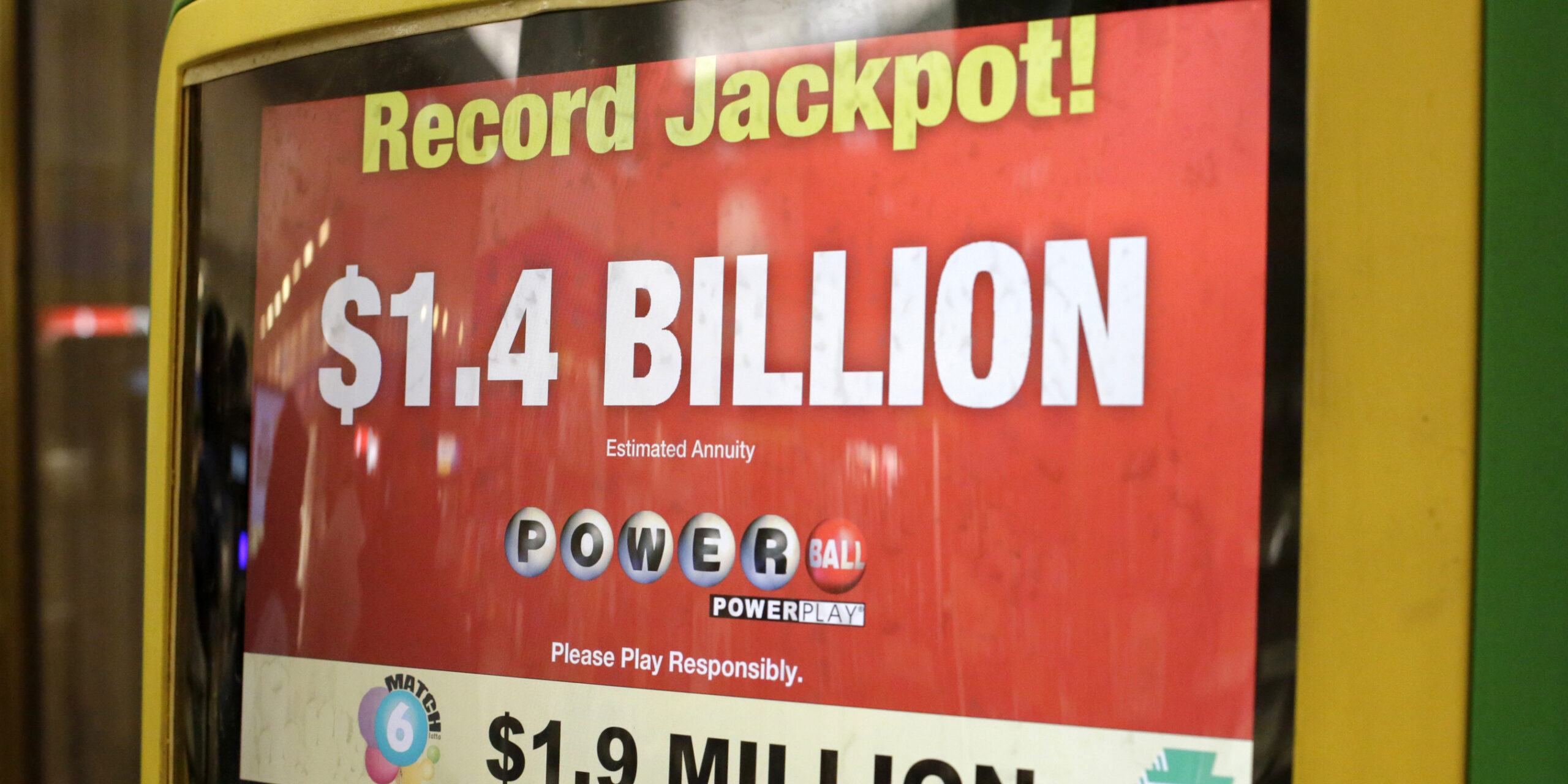Alabama Lottery Legalization Could Impact Ga. Sales

A Pennsylvania lottery kiosk promotes the record $1.4 billion Powerball Jackpot in a mini-mart in Monroeville, Pa., Jan. 11, 2015. (AP Photo/Gene J. Puskar)
Gene J. Puskar / Associated Press
Alabama is one of only six states that doesn’t sell lottery tickets, but that could change soon.
Lawmakers in Alabama are divided on whether to legalize the lottery there to help fund Medicaid.
After years of opposition, the governor of Alabama now says legalizing the lottery is the only way to cover Medicaid costs.
Lucy Dadayan, a senior researcher with the Nelson A. Rockefeller Institute of Government, a New York-based think tank, said if they do, it could cut into Georgia’s lottery sales.
Alabama residents who drive across state lines would then be able to buy their tickets at home.
“The gambling market is pretty much saturated, and there’s a lot of competition for the same pool of gamblers,” Dadayan said.
Alabama already has casino gambling, but those profits go to the Native American reservations.
Whether it’s Alabama with the lottery or Georgia looking for HOPE scholarship funding in casinos or horse betting, Dadayan said research shows gambling revenues have been going down nationwide since the recession.
“So even if they collect some money, it’s not going to be a solution for Medicaid,” Dadayan said. “Once the novelty of it wears off, the revenues start going down.”
In Georgia, lawmakers are looking into casino gambling to fund college scholarships.
“These states are really late in the game in voting on legalization of lottery,” Dadayan said. “It’s highly unlikely that so late in the game that they’re going to generate the revenue they’re hoping for.”
Kennesaw State University associate professor of political science David Shock said if the Alabama lottery bills pass and prove successful, they could have a modest effect on Georgia lawmakers.
He said the Alabama lottery bills could generate some revenue for that state, but his concern is with the “overall negative effect on low-income people.”
“A state like Alabama, it’s one of the lower-income states,” Shock said. “What ends up happening is a lot of the lower-income residents end up spending money on casinos and lotteries when they really can’t afford it.”
More than 19 percent of Alabama residents live below the federal poverty line of $24,300 for a family of four.
Alabama lawmakers have until next week to decide whether to put the lottery measure on the ballot for voters in November.
9(MDAxODM0MDY4MDEyMTY4NDA3MzI3YjkzMw004))








